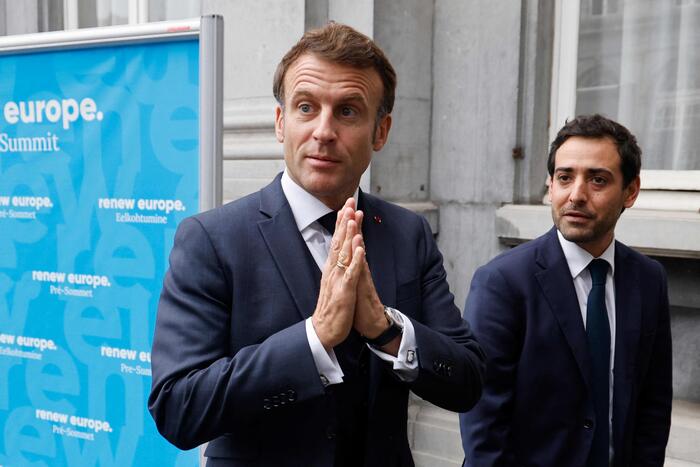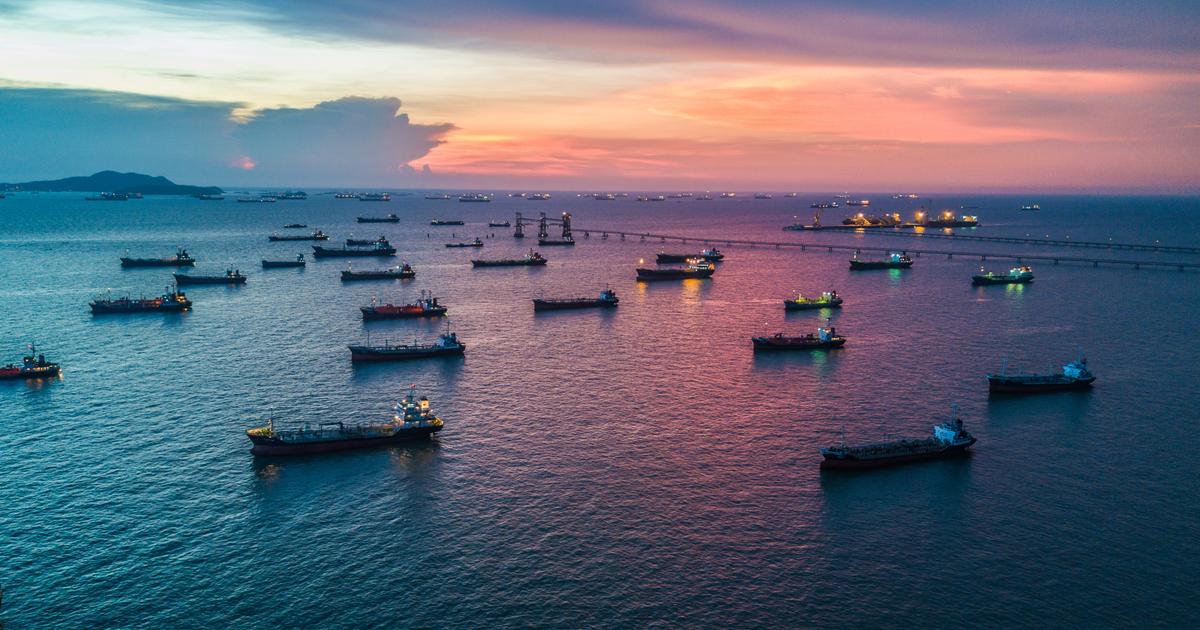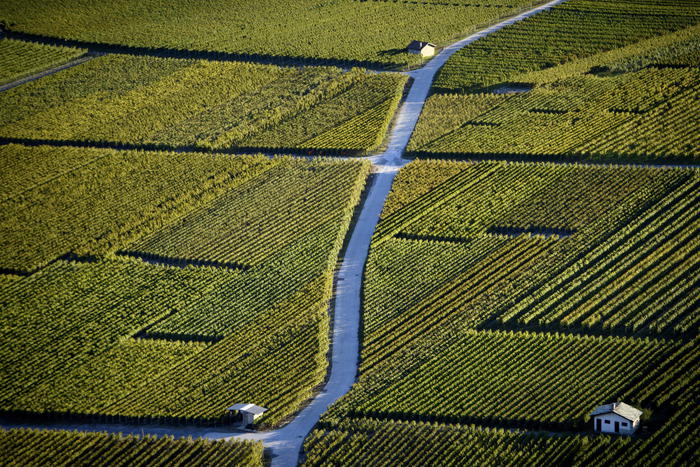The pact between Emmanuel Macron and Angela Merkel in Aachen now seems a distant memory.
Paris and Berlin take the stage of the total clash in Europe over energy and bring down the prices - under the eyes of markets and citizens - of an already difficult common understanding to lower gas prices and bills.
An emergency that Mario Draghi, at his last European summit, tried to bring back to the center of attention by clearly calling for unity and immediate action
.
Necessary, for the Italian premier, also to say goodbye from the EU, marking a decisive point on the gas price ceiling.
The Europa Building in Brussels welcomed the heads of state and government about two weeks after the last meeting in Prague and in the meantime the tension has grown higher and higher.
The Dutch premier Mark Rutte, leader of the Nordic hawks opposed to the gas price cap and new common debt, together with the German Chancellor Olaf Scholz, anticipated that the confrontation will most likely lead to only minimal agreement.
"Today - he cut short - there will be an agreement on the joint purchase of gas".
To be negotiated with reliable partners such as Norway, Algeria and the United States above all.
On the price cap, the real bone of contention, the Commission will instead be asked to "examine some options again"
.
To take more time and, from the point of view of Berlin and The Hague, try to obstruct the proposal of Rome, Paris and a group of capitals which - together - would already reach the threshold for the necessary qualified majority.
And that in recent weeks, despite the opposition of Germany, Holland, Ireland, Austria, Denmark and Hungary - which with Viktor Orban has put the load for nineties, brandishing the roof as "an economic suicide" -, have also led Brussels to a first opening, with Ursula von der Leyen's proposal on a dynamic and temporary price corridor at least to manage the transition to a new gas reference index to be added to the now no longer representative Ttf.
The main clash, however, is all consumed between Paris and Berlin, now in full crisis.
And not even the bilateral agreement between Macron and Scholz before the start of the work was able to heal the differences.
Quite the contrary: to certify the annoyed words of the Frenchman, who did not send them to say in favor of the cameras.
"We must preserve the financial and political unity of the Europeans" and "it is not good that Germany isolates itself", he thundered
.
An irritation that would have its origin in the 200 billion euro shield on energy launched by Berlin, thanks to its fiscal space, and by the constant German 'no' on a necessary "European solidarity" in the face of a crisis which, the head of the Elisha, "it concerns everyone".
Because of this "
The German wall, however, is firmly established and in the same moments it is Chancellor Olaf Scholz who returns the accusations to the sender,
highlighting that the Recovery fund and the RePowerEu maxi-energy plan - which brings a new chapter to the Pnrr - are already "opportunities. to act in solidarity
".
As for the "tools" to lower gas prices, at least an "intense" discussion is needed because "they must work, nobody wants to run out of gas".
The Bundeskanzler's words sounded like a tombstone on the possibility of a new Sure which, instead, is the elephant in the summit room.
In the draft of the conclusions there is no trace, but Emmanuel Macron and Mario Draghi have been pressing for weeks.
And they went back to asking the leaders' table as well.
Turning the clock back to July 2020 and the head-on collision between the capitals on the Recovery Fund.
The success of which, in the end, was facilitated by the guidance of Angela Merkel.
In the ultimate attempt to mend the tear, perhaps in time for the new Extraordinary Energy Council announced on November 18, the French president will open the doors of the Elysée to the German Chancellor next Wednesday.
Bringing the axis back online is crucial for the fate of the energy crisis for the whole of Europe.









